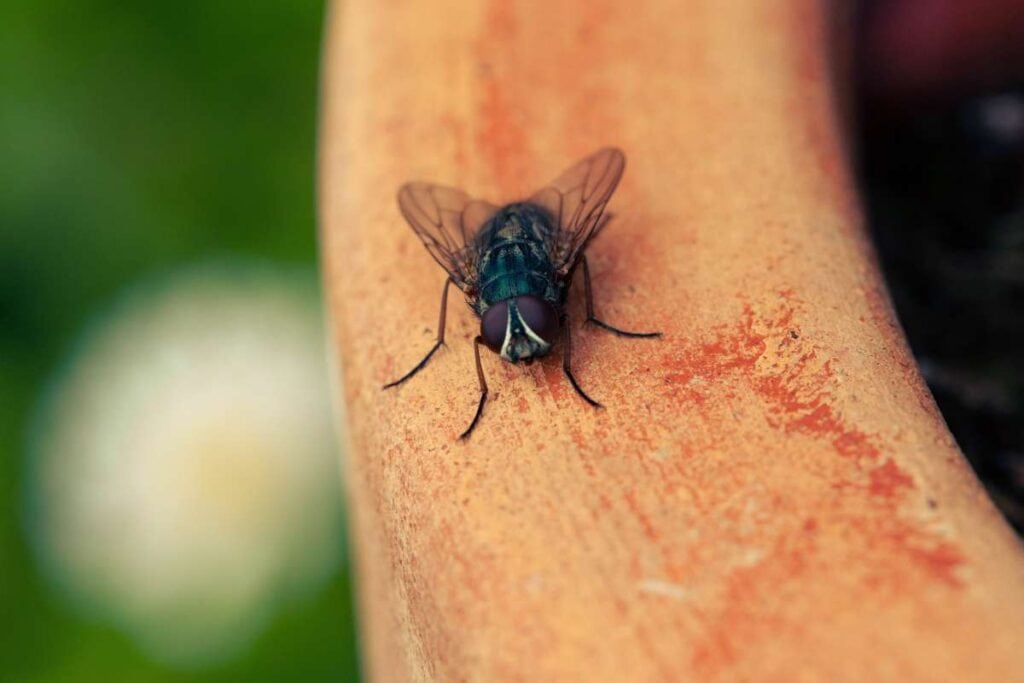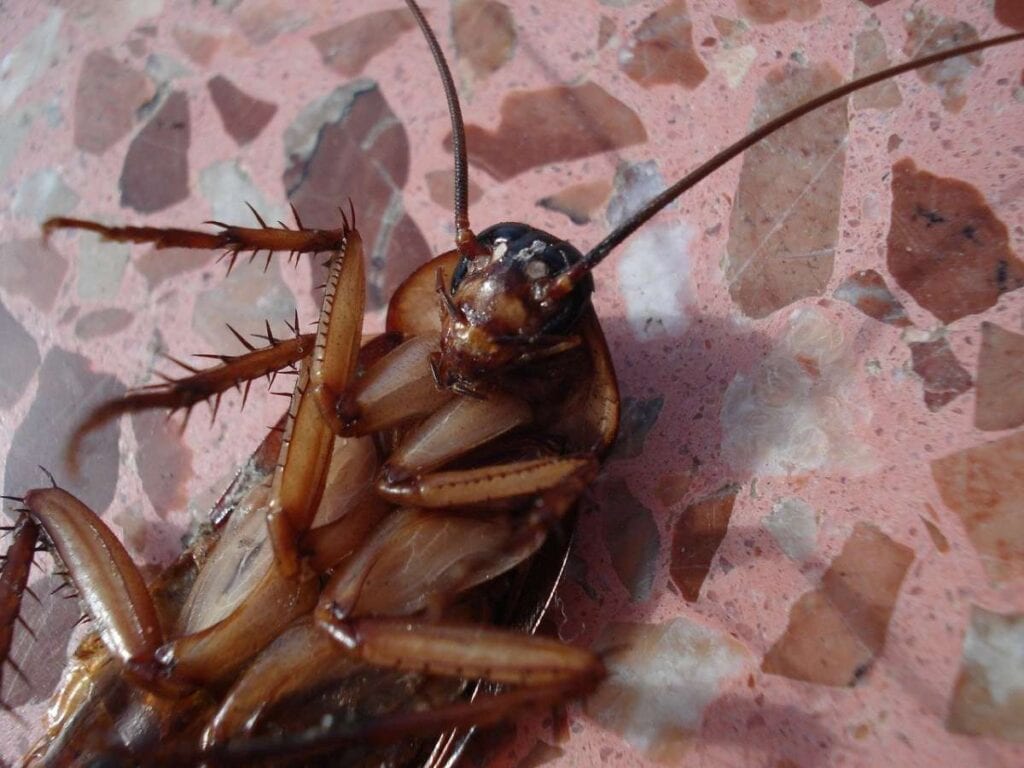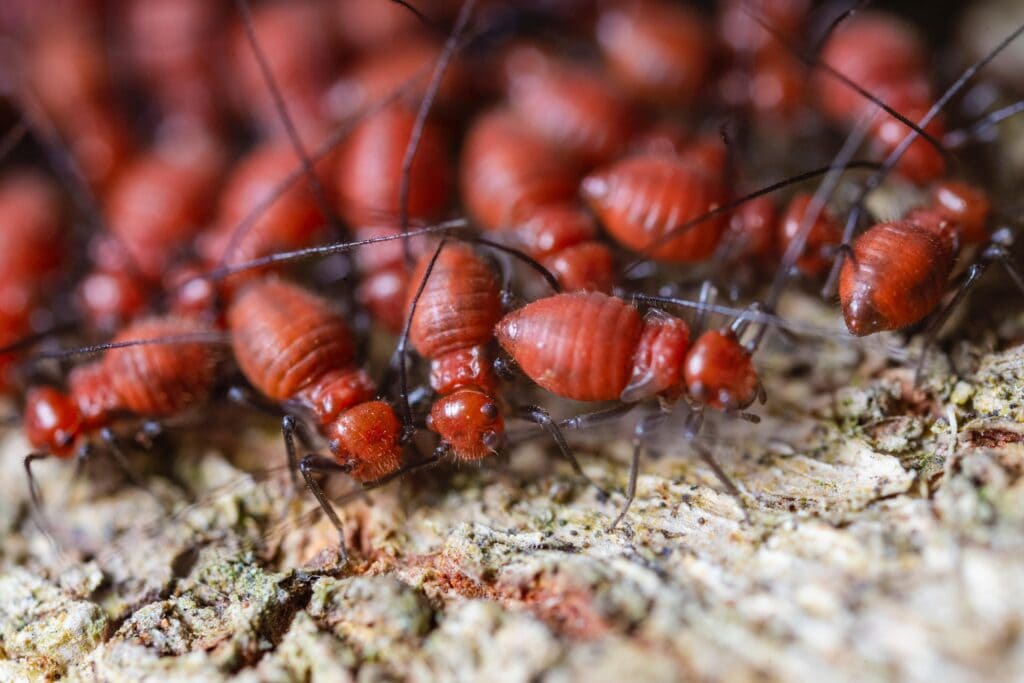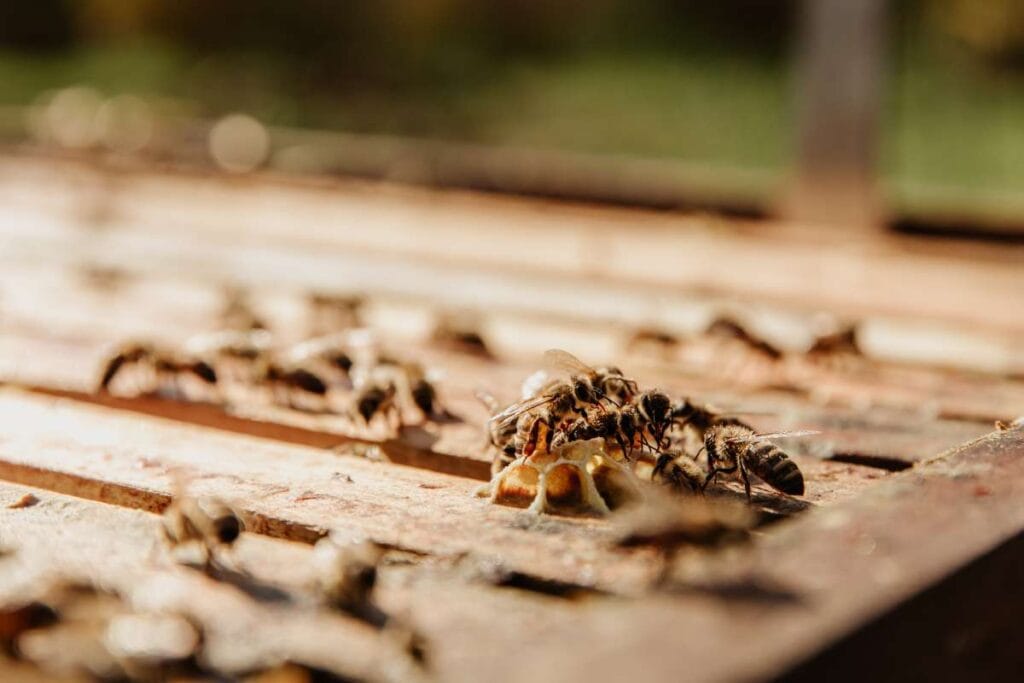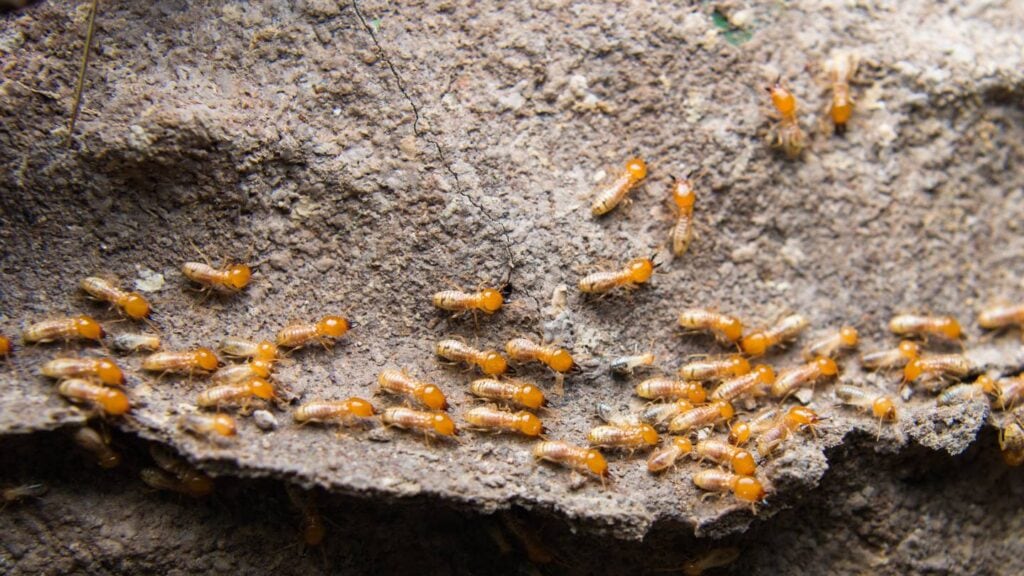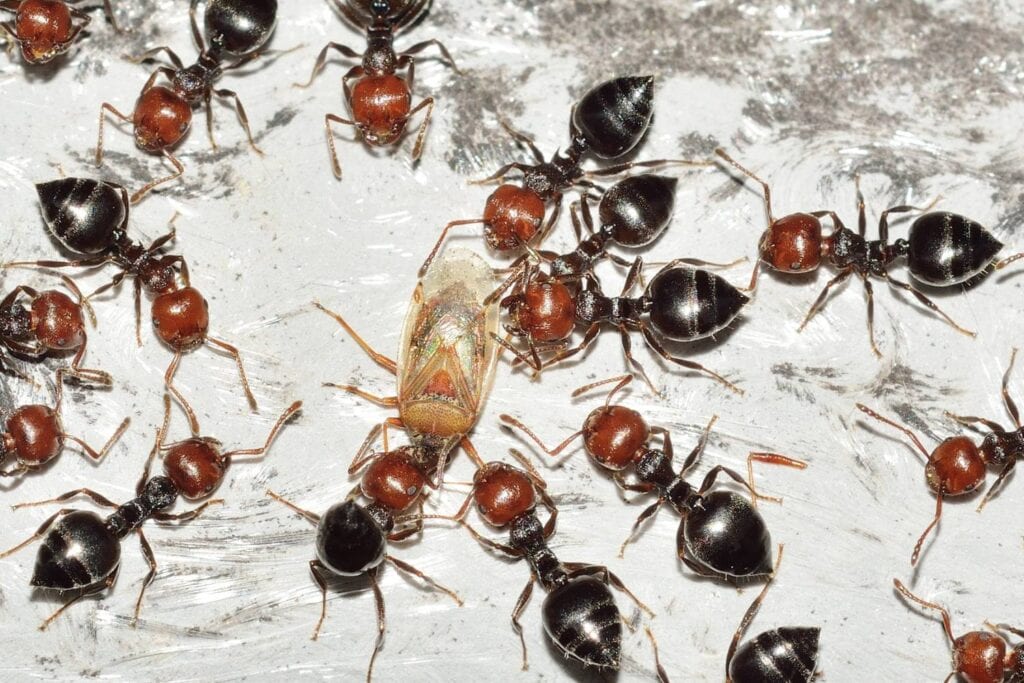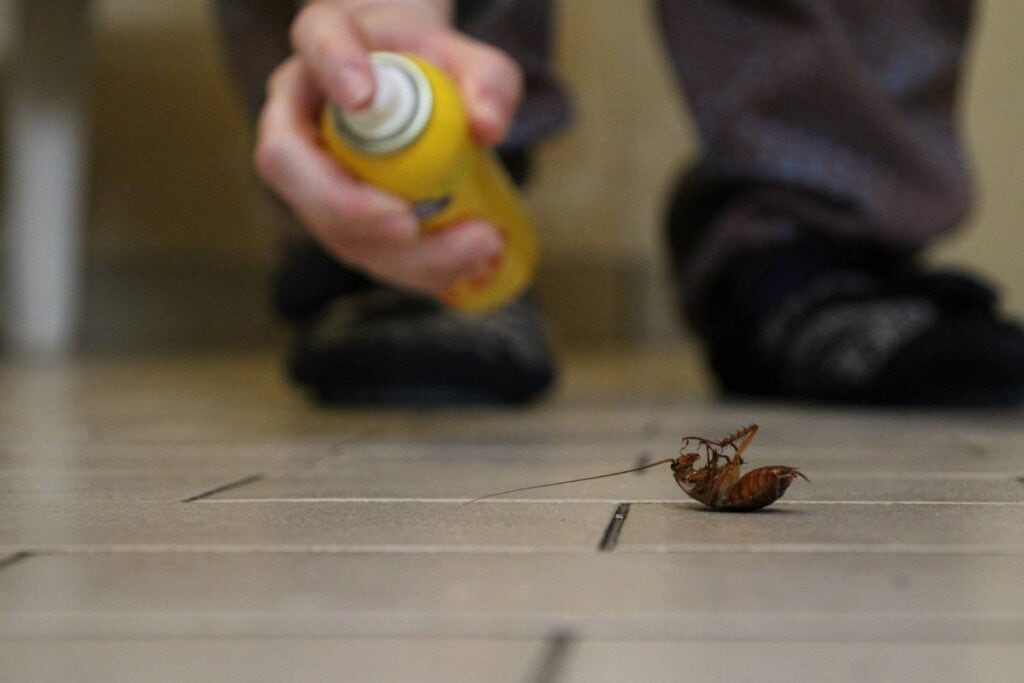Although many commercial pest control treatments are available, many are toxic and harmful, making them unsuitable for use in the home. This article will discuss some methods for preventing and eliminating pests from your house that don't include chemicals.
These homemade and all-natural pesticides protect your crops from pests without putting you or your loved ones in danger.
A home garden is the best way to understand the difficulties faced by the farmers who provide our food. However, it may be a humbling experience to try to provide for one's family with a home garden, especially when adhering to organic procedures that don't rely on quick but potentially dangerous remedies like herbicides, pesticides, and conventional fertilisers.
Previous articles on this site have discussed using DIY pesticides to control undesirable or invasive plants without the backbreaking labour of hand-weeding. For this round, we'll shoot at insect pests that may turn your beautiful garden into a bug buffet.
If you want to get rid of pests for good, you need to do more than spray them with a homemade bug spray; you also need to consider attracting predator insects and animals to your garden.
Can you, for instance, lure more birds into your yard to drive away the slugs? Planting angelica, fennel, and dill in areas with aphid problems may attract ladybirds, which will help with pest control. Companion planting is an effective method for lowering pest populations in your garden. A well-balanced garden will reduce the number of pesticides you need to use.
Then, apply a tiny spray to a few leaves and observe the plant for 24 hours to observe any adverse effects. It is best to wait until the cooler hours to apply foliar sprays, as doing so during the day's heat can induce leaf burn.
What Are Natural Insecticides?
An insecticide is a chemical compound formulated to eliminate specific types of insects. The many pesticides available today all have specific targets.
Commercial insecticides target various insects, from spiders to roaches to everything in between. The synthetic chemicals that create conventional pesticides give them their potency and toxicity.
While synthetic insecticides are created in a lab, natural insecticides are produced by creatures in nature or obtained from a plant or mineral. The purpose of a natural insecticide is the same as that of a conventional pesticide: to kill, repel, or otherwise stop the harmful behaviour of insects.
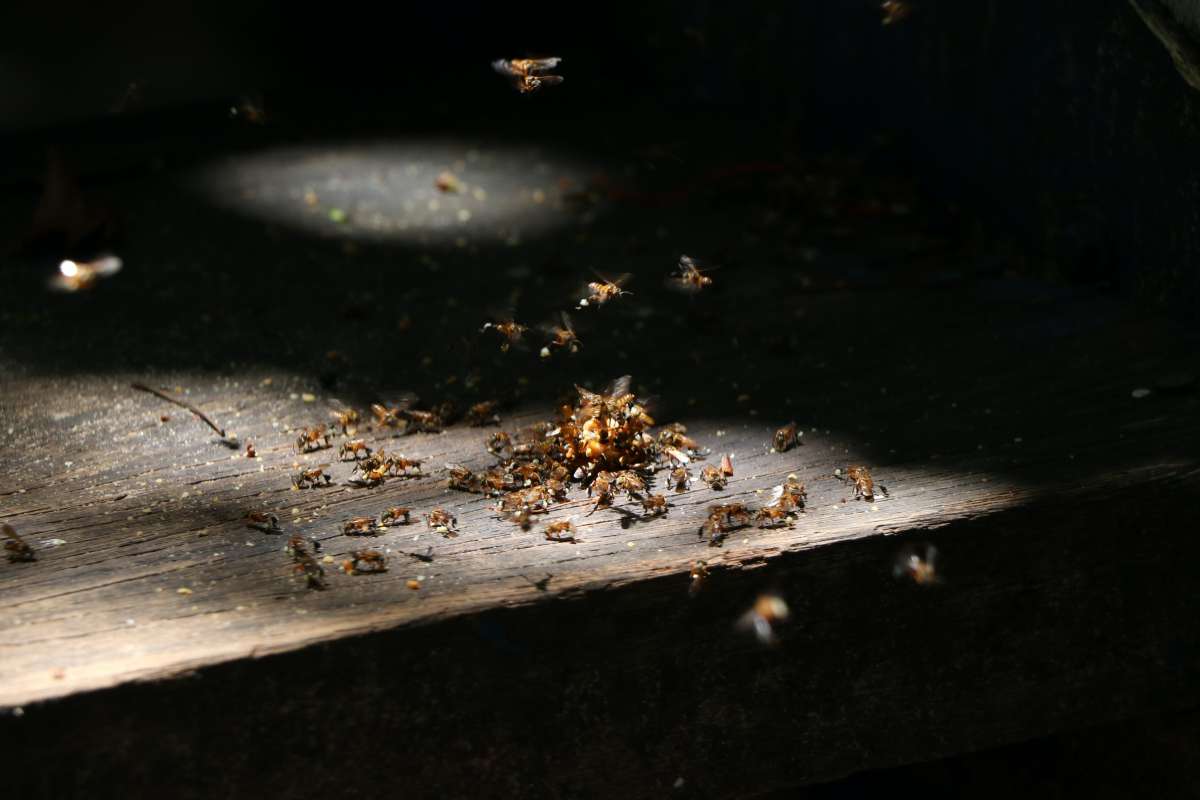
In most cases, natural pesticides are preferable to synthetic ones since they pose less risk to human health.
Tobacco leaves, for instance, create nicotine, which acts as a pesticide. However, it is also more toxic than most synthetic insecticides and has a high potential for addiction. Furthermore, although none of the substances traditionally employed as insecticides—including arsenic, strychnine, lead, and mercury—are completely harmless, they are all technically "natural."
The bottom line is this:
Whether you use natural or artificial insecticides to eliminate your pest problem, educating yourself about the topics and understanding how to use each substance safely is essential.
Spray Vegetable Oil
When combined, vegetable oil and a light soap (like Dr Bronner's castile soap) make a potent insecticide that may wipe out pests like aphids, mites, thrips, and other bothersome critters.
After combining two teaspoons of the oil, spray mix with one quart of water, covering the mixture, and shaking it thoroughly, spray directly on the surfaces of the plants damaged by the small pests. It's easy to whip up a basic oil spray pesticide with just one cup of vegetable oil and a spoonful of detergent.
Because it seals off their breathing pores, the oil kills the insects by suffocation.
An Aerosol Bar Of Soap
Soap sprays, like oil sprays, are efficient at warding off mites, aphids, whiteflies, beetles, and other pests that feed on plants.
You can make an easy soap spray pesticide by combining 1.5 tablespoons of liquid soap with 1 quart of water and then spraying it directly onto the infested areas of the plant.
However, as it contains no animal fats, Dr Bronner's soap is a wonderful option for vegans despite its higher price tag. Soaps with insecticidal properties are effective against insects with soft bodies. Make sure you get every part of the plant, including the stems and backs of the leaves. Since soap sprays are only effective while wet, you'll need to apply them every four to seven days or until you see a population decline. If rain hasn't washed away the soapy residue after several applications, you can spray the plants with clean water.
Spray Neem Oil
An excellent tool for the organic gardener is the oil pressed from neem tree seeds; it acts as a potent natural insecticide that may kill insects in all phases of their life cycle (adult, larvae, and eggs).
Neem oil prevents insects from laying eggs on plants and functions as an "antifeedant," or a substance that discourages feeding by insects. In addition, powder mildew and other fungal issues on plants can be treated using neem oil, a natural fungicide that is biodegradable and nontoxic to animals. You can find it in many health food stores and organic gardening supply shops.
As another protective strategy, you can spray neem oil on the leaves of plants that are frequently attacked by pests.
Activated Carbon
According to some estimates, diatomaceous earth accounts for 26 per cent of the planet's crust by weight and is derived from a sedimentary rock formed from fossilised algae (diatoms).
Diatomaceous earth is a natural pesticide with much other use around the house. This material is effective not because it poisons or suffocates the insects but because it is abrasive and has a strong affinity for absorbing the lipids (a waxy substance) from the insects' exoskeleton, leading to death by dehydration.
Garden centres frequently stock diatomaceous earth, but it is sometimes sold only in bulky sacks. Then, dust the ground around your plants or sprinkle it on the foliage to help reduce snails, slugs, and other crawling insects.
Oil Of Garlic Spray
The potent odour of garlic, appealing to some but repulsive to others, plays a role in the herb's effectiveness as a natural insecticide. Even if it's debatable whether garlic spray and chile spray (below) are truly insecticides or, more likely, insect repellents, there's no denying that you can utilise them to reduce or eliminate pest insect populations in the garden significantly.
Two full garlic bulbs (not just two cloves) can be pureed with water in a blender or food processor. After letting the ingredients sit together overnight, pour them into a quart jar and add vegetable oil (optional), mild liquid soap (one teaspoon), and water until the jar is full. You can use this DIY insecticide by mixing one cup with one quart of water and spraying it liberally on plants that pests have attacked.
Garlic, against popular belief, is more of a deterrent than a lethal poison. Mix two garlic cloves with 1 cup of water and settle in the fridge overnight. Aphids, cabbage worms, leafhoppers, squash bugs, and whiteflies can all be kept at bay with its help.
Capsaicin Spray For Peppers
A handmade chile pepper spray is an effective natural bug repellent, much like garlic spray. You can use either fresh spicy peppers or chile powder to make chile spray.
One tablespoon of pepper powder, one quart of water, plus a few drops of mild liquid detergent will yield a basic chile spray. First, you should spray the leaves of the plants with the full amount of the mixture. Next, one-half cup of fresh chile peppers should be blended or pureed with one cup of water, and then one quart of water should be added and brought to a boil to make chile spray. Once cooled, filter off the chile material, add a few drops of liquid soap and use it as a spray.
In addition to being effective against a wide variety of insects, you can use hot pepper to ward off rabbits and deer. Combine one tablespoon of dried chile powder, 1 quart of water, and one teaspoon of gentle soap. Then, to protect the plants, spray them with maximum force.
Put the purée into a quart of water and heat to a boil. Could you wait for it to cool, then strain it? Spray plants with maximum power after adding one teaspoon of mild soap. When handling this spray, it's a good idea to protect your hands and avoid getting any in your eyes by donning protective gloves.
Do-It-Yourself Spray
The folks at Rodale's Organic Life have put together what they call a "one-stop" DIY natural insecticide using ingredients from many different reader-submitted recipes.
After steeping for an hour, a mixture of one bulb of garlic, one small onion, and one teaspoon of cayenne pepper powder in a blender should be ready to use. After straining the liquid, add a teaspoon of liquid soap and stir to blend. Finally, apply a light misting of this homemade pesticide to the leaves upper and lower surfaces; you can store any leftover spray in the refrigerator for up to a week.
Adapt As Needed
Some other natural pesticides include Bt and iron phosphate. A smart place to start when formulating your own natural and homemade insecticide is using the recipes we've provided above. To win the war against insects in your organic garden, you'll need to find the right combination of components, which you can do by paying close attention to the results of a given recipe and then adapting it to your needs.
Introducing other predatory insects (ladybugs, praying mantises, etc.) or creating good habitat for them and building soil fertility can also be effective pest management approach. However, killing off all the insects in your garden is not the desired result.
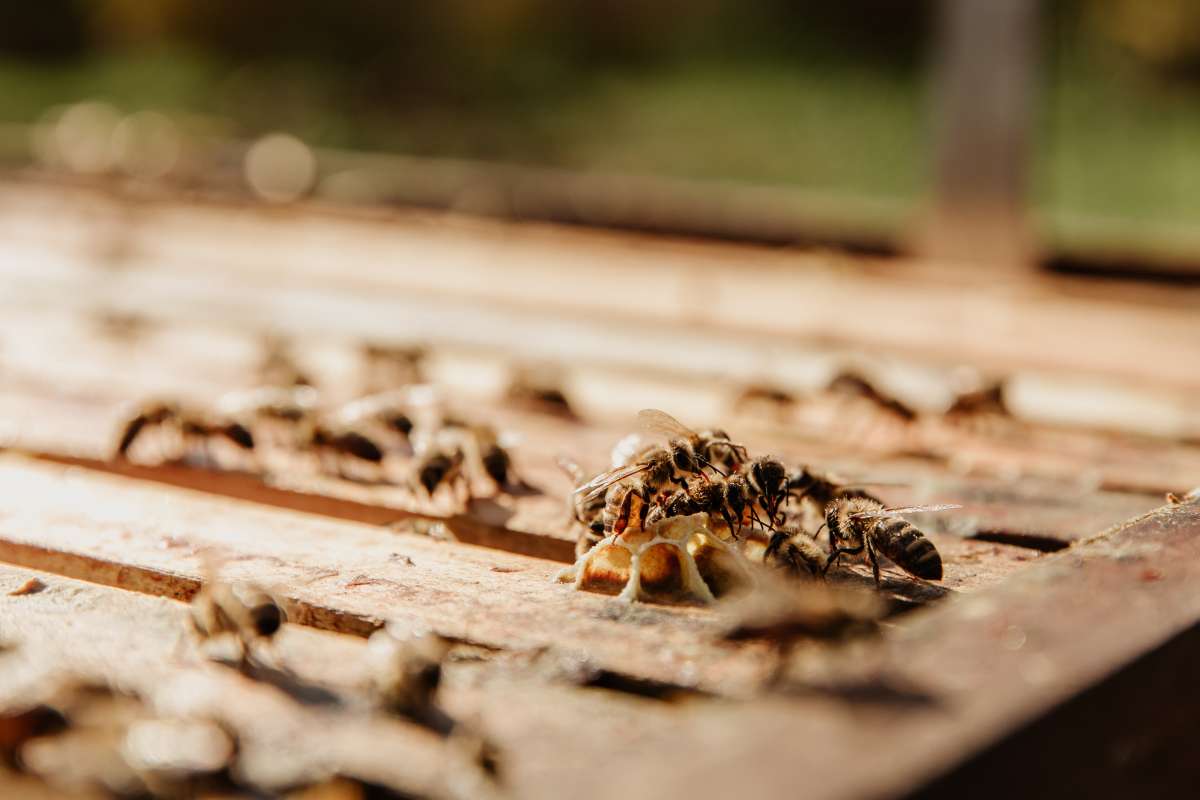
Conclusion
Toxic and potentially dangerous ingredients make many commercial pest control products inappropriate for use in residential settings. Your crops will be safe from harm thanks to these handmade, natural pesticides. When done correctly, companion planting can significantly reduce the number of pests in your garden. Less pesticides will be needed in a healthy garden. Since they are safer for humans to be exposed to, natural insecticides are often prefered over synthetic ones.
Simply combine one cup of vegetable oil with one tablespoon of detergent to make a simple oil spray insecticide. Protect your plants from mites, aphids, whiteflies, and other pests with a soap spray. Natural insecticide diatomaceous earth has many other use as well. It can be used to ward off pests such as aphids, cabbageworms, leafhoppers, squashbugs, and whiteflies. DIY pesticides based on sprays of garlic or chilli peppers are also effective.
Like garlic spray, chile pepper spray is a powerful natural insect repellant. To prepare chile spray, you can use either fresh spicy peppers or chile powder. Rodale's Organic Life has compiled all the ingredients you'll need to make your own natural insecticide in one convenient place. As well as its cleaning benefits, vinegar may be used to repel a wide variety of insects and other pests. Nim, spinosad, rotenone, and garlic are just a few examples of natural insecticides. It's also possible to achieve success by releasing predatory insects such as ladybugs, praying mantises, and so on.
Content Summary
- Unfortunately, many of the commercial pest control options available today are too toxic for safe use in the home.
- These all-natural and homemade pesticides will keep your crops safe from harm without endangering you or your loved ones.
- In addition to using a homemade bug spray, luring predator insects and animals to your garden can help you get rid of pests for good.
- When done correctly, companion planting can significantly reduce the number of pests in your garden.
- The need of pesticides can be minimised by maintaining a healthy, diverse garden.
- Since they are safer for humans, natural insecticides are generally prefered over synthetic ones.
- Whether you choose to utilise natural or synthetic insecticides to get rid of your pest problem, you should always do your research and follow label instructions to the letter.
- An effective soap spray insecticide can be made by mixing 1.5 tablespoons of liquid soap with 1 quart of water and spraying it directly onto the affected regions of the plant.
- Insects having a soft exoskeleton can be killed by using soaps with insecticidal qualities.
- Plants that are frequently attacked by pests can be protected in another way by spraying neem oil on the leaves.
- Garlic spray and chile spray may or may not be effective pesticides; yet, they can be used to drastically decrease or eliminate nuisance insect populations in the garden.
- Similar to garlic spray, a homemade chile pepper spray can be used to naturally repel insects.
- To prepare chile spray, you can use either fresh spicy peppers or chile powder.
- Make use of the aforementioned recipes as a jumping off point for creating your own all-natural, DIY pesticide.
- However, you don't want to wipe out all the bugs in your garden.
- What equipment do you use to make your own insect repellent at home?
- One of the easiest homemade bug sprays is prepared by mixing one cup of white vinegar with three cups of water.
- Once you've given it a good shake, apply it to the affected regions.
- Neem oil is used for a variety of purposes.
- In addition to its cleaning benefits, vinegar can also be used to repel a wide variety of insects and other pests.
- Vinegar has the ability to neutralise ant scent trails and is usually unappealing to insects.
Frequently Asked Questions
Mixing one cup of white vinegar with three cups water is one of the simplest homemade bug sprays. Half a teaspoon of dish soap can be added to the solution to improve its stickiness. Apply to the affected areas after a good shaking.
Oil of Neem. You can use this powerful natural pesticide above and below ground to eliminate various pests, including cabbage worms, squash bugs, nematodes, and grubs. But, unfortunately, the neem tree, native to Asia, yields a deadly oil you can find in most garden centres.
Vinegar is not only useful for cleaning but also for warding off many insects and other pests. Vinegar can eliminate ant scent trails and is generally disliked by pests.
Mixing one cup of white vinegar with three cups water is one of the simplest homemade bug sprays. Half a teaspoon of dish soap can be added to the solution to improve its stickiness. Apply to the affected areas after a good shaking.
Vinegar is not only useful for cleaning but also for warding off many insects and other pests. Vinegar can eliminate ant scent trails and is generally disliked by pests.
To effectively deter these pests, fill a spray bottle with equal parts water and vinegar (white vinegar will do just fine). You can spray this mixture around your house, the legs of tables where food is served, or even around a screen house or tent to keep insects out.

